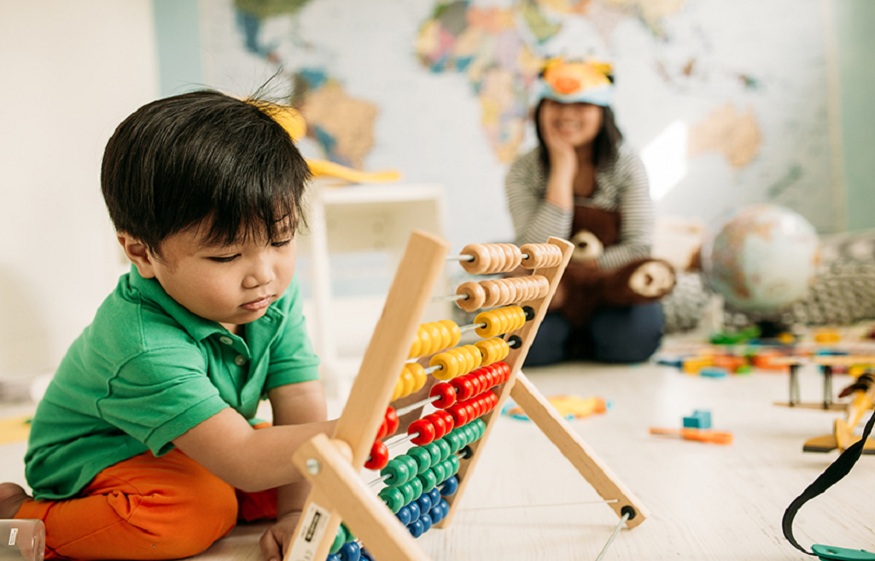Mathematics is considered as a vital part of children’s learning at an early age, as it provides essential life skills. Learning numbers are important, and it influences decisions in various scenarios. The most important mathematical skills for children in early education are number sense, patterns, estimations, shapes, and so on. Number sense helps children to develop their spatial reasoning skills. Recognizing different numbers enables them to develop their skills, such as counting, addition, subtraction and so on.
As we know, Mathematics is a global language, and it can be easily understood by everyone. In mathematics, there are different types of numbers, such as real numbers, natural numbers, whole numbers, rational and irrational numbers, and so on. In the primary classes, students are taught to perform the basic arithmetic operations, such as addition, subtraction, multiplication, and division on these different types of numbers.
Numeracy is important for young learners because it enhances confidence and promotes flexible thinking. Good knowledge of number sense allows children to relate numbers with various aspects of learning. Visualizations of numbers in different ways, such as predicting the patterns, spotting the relationship between numbers, counting, and so on contribute to the good number sense. Some of the important reasons to learn numbers are as follows:
- Relate the numbers to the quantities
- Easy recognition of numbers
- Easily identifying the order of numbers
Children started learning the numeracy in their everyday activities. They show their skills by comparing different numbers or measurements, which helps them to increase problem-solving skills in their daily life activities. They informally develop their skills through interaction with other children. Some kids have stronger numeracy than others. If a student has good numeracy, they can easily understand the mathematical concepts. The one who struggles with numeracy will have trouble in solving the basic arithmetic operations. They cannot even understand the concept of addition and subtraction too. The key skill can be easily achieved by practising the below things:
- Counting and grouping of numbers.
- Relation between different quantities.
- Work on estimations like “how much”, “how many”.
Apart from learning numbers, the recognition of different shapes and numbers helps to learn the alphabets also. For example, the number “9” looks similar to the alphabet “g”. Also, the different alphabets are used to represent the numbers. As we know, the roman numbers 1 to 100 can be represented using different letters like I, V, X, L, C, and so on. These roman numerals are equivalent to the numbers, but it is the other way to express the numbers.
Nowadays, numeracy has played a vital role in sustaining the social, cultural and many technological advances. Various capabilities like reasoning, problem-solving, mathematical fluency help the students to employ the decision making more efficiently. We are using mathematics to navigate our everyday decisions. Numeracy enhances the children’s confidence and creates a positive attitude towards Mathematical learning. Teachers and family members have to encourage the kids and recognize their roles in supporting kids to teach mathematics and numeracy through different plays and activities.
